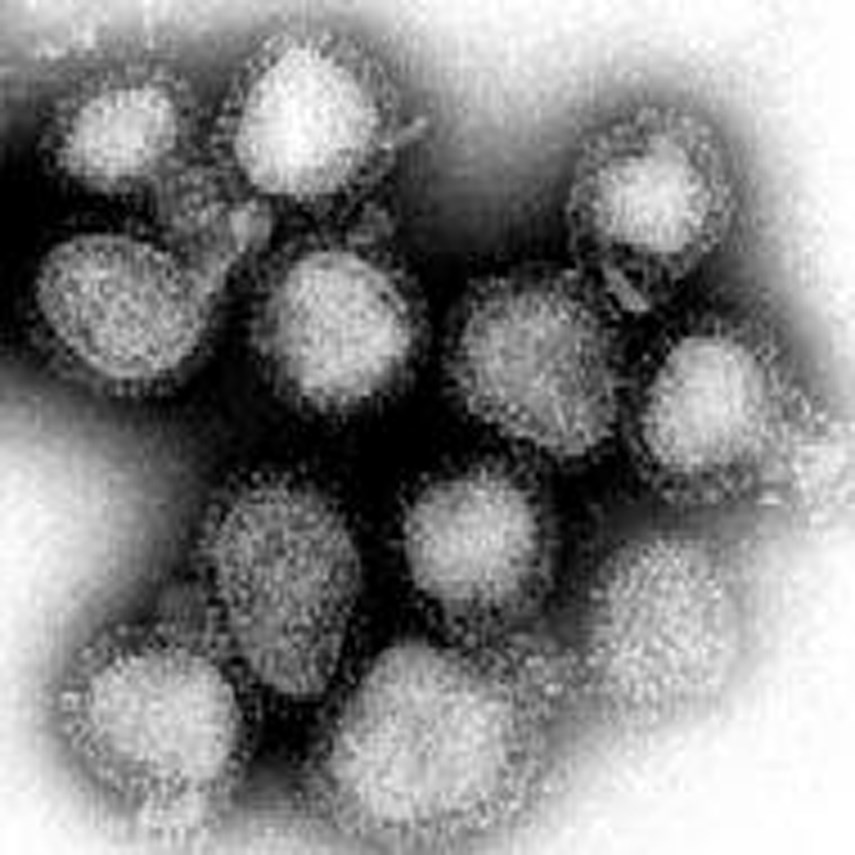Dear Editor:
In the midst of COVID-19, not many people remember or think of one of the biggest flu pandemics of the 20th century, the Hong Kong flu of 1968-’69.
Even among my aging baby boomer cohorts, I have met few who recall it. I remember because I caught it.
I was in high school and to this day recall lying on my bed for 10 days while my fever topped out at 104 F. My parents, heedless of their own safety, brought me cold drinks and a few small bowls of oatmeal, all I could manage to swallow.
I returned to school two weeks later and 10 pounds lighter. One of my friends who was a bit chubby told me he wished he had caught the virus so he could have lost weight too. That sums up our attitude at the time.
It was a novel high fever flu you soon forgot about, especially if you never caught it. If someone had asked me to weigh the benefits of hygienic measures against lost economic productivity, I would have scratched my head. I was more concerned about important decisions such as whether to buy a Honda or a Yamaha motorcycle or if the Beatles were better than the Stones. I was unaware at the time that one million people died from the virus and even if someone had told me, it would have worried me less than being unnoticed by most of the girls in the school.
It was a pandemic. The virus had recombined avian and human flu genes. It didn’t have near the death rate of COVID– 19 but it spread rapidly among the less hygienically conscious population of those days.
With a quarter of the students off sick, there was some talk about closing down the high school for a couple of weeks to let the virus clear, but that was the only public health measure even discussed.
Like most flu outbreaks, the deaths were mostly among seniors and no one fussed about this inconsequential segment of the population. After all, old people were going to die soon anyways, right?
Who were those senior citizens who died and were quickly forgotten by younger generations?
Most of them were First World War veterans or their spouses and siblings -- the survivors of a Canadian armed contingent who faced unimaginable horrors in the trenches and muddy killing grounds, bringing recognition of the nationhood of our country and establishing the Canadian military tradition of excellence and courage under fire that lasts to this day.
On the home front, the women ran the farms, businesses and essential services for years, all while raising their families. After the First World War, their generation survived the worst pandemic on record, the worst depression and another world war while building this peaceful prosperous country I am so thankful for today.
If there is one idea I can take away from my experience with the Hong Kong flu pandemic, it is that however self-involved we may have been as teenagers, now is the time to act with a greater social conscience and show the value we put on the faceless victims of COVID-19.
Let us persist until we win this war.
Roger McNeill
North Vancouver
What are your thoughts? Send us a letter via email by clicking here or post a comment below.



